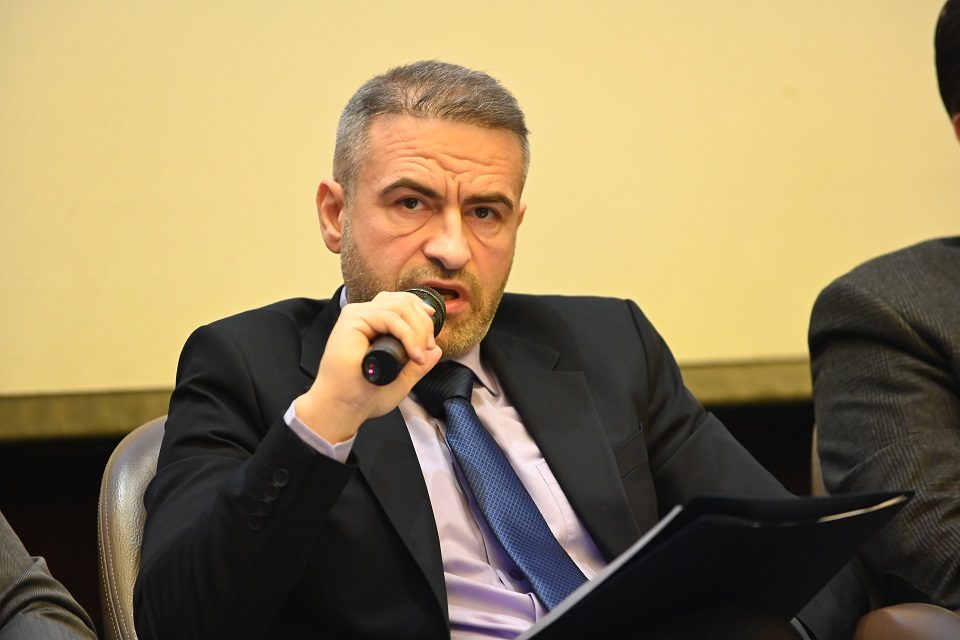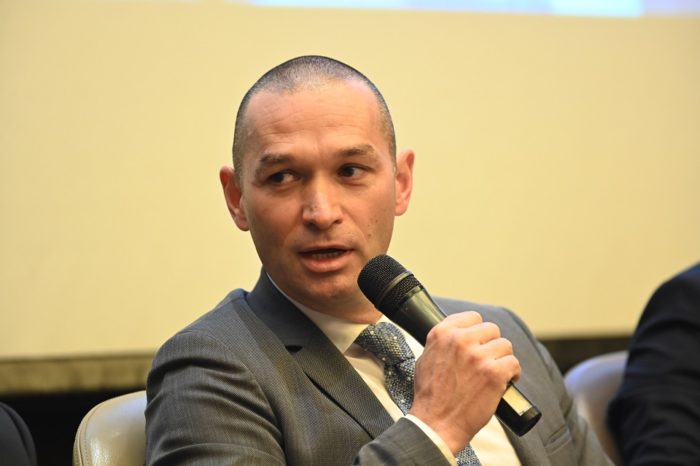Pavel-Casian Nitulescu, State Secretary: “Digitalization will have a major impact on energy consumption”

“Digitalization is a necessity. The digital transformation of the energy system brings multiple benefits, but it also comes with risks and challenges related to the specifics of the energy system and the correlation of investments in this system. An example is how we simultaneously use old technologies and new and smart technologies, or how we address cyber security threats that could affect energy supply as an essential service to society. An integrated approach is needed to ensure that investments in digital technologies are made and planned in accordance with the technological evolution of the energy sector throughout the production, transport, distribution, supply and consumer chain,” Pavel-Casian Nitulescu, State Secretary, Ministry of Energy said during Digital Transformation Conference – Energy & Utilities powered by The Diplomat-Bucharest.
“We need to be prepared for the digital age. The European Commission’s action plan on the digitalisation of the energy system is designed in the context of the objectives of the European agreement to reduce greenhouse gas emissions by 55% by 2030 and to achieve climate neutrality by 2050.
The green and digital transition requires an intelligent, integrated, clean energy system guaranteeing accessible energy and a fair transition for all. Thus, actions are needed for standardization, regulation, financing and exchange of good practices.
Digitalization is not only a necessity, but also an obligation. The investments through PNRR aim at increasing the process of metering the final energy consumption through digital remote management platforms, providing energy services by increasing the share of energy audits performed at the level of industrial operators in the economy, ensuring a fair financing.
Regarding the renewable energy sector, digitalization will have a major impact on energy consumption and will contribute to increasing the production of energy from renewable sources through the development of smart grids and related storage.
The application of digital technology in the energy sector will develop a new ecosystem of services, including decentralized energy production, electric vehicles, network flexibility and increasing energy efficiency contributing to a modern low-carbon energy market.
The PNRR provides for the installation of at least 6.9 GW of additional renewable energy capacity by 2030. It is necessary to implement a timetable for the gradual replacement of coal in the energy mix in conjunction with the development of a stimulating regulatory and investment framework to encourage the penetration of renewable technologies, the development of the transport network and the digitization of the sector. These things can be made possible by reducing the cost of renewable technologies, but also by increasing the flexibility and resilience of the national energy system.
In the context of the Green Deal, Romania will have to accelerate investments and reforms to decarbonize all sectors: energy, transport, buildings and industry.
The sustainable energy transition must not shock the stability of the national energy system. Therefore, the use of natural gas plays an important role in the gradual reduction of coal.”
Full recording of the event here: https://www.youtube.com/watch?v=U3n2T29iadE














